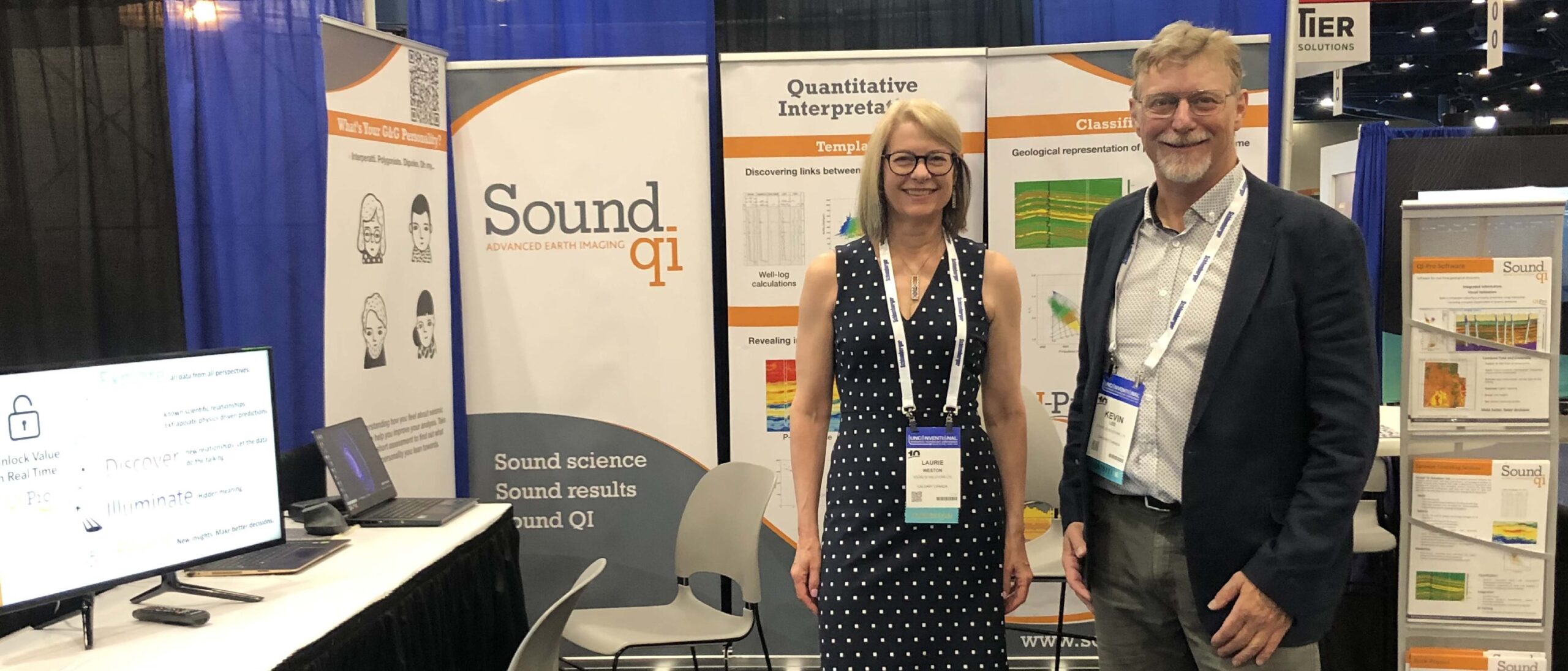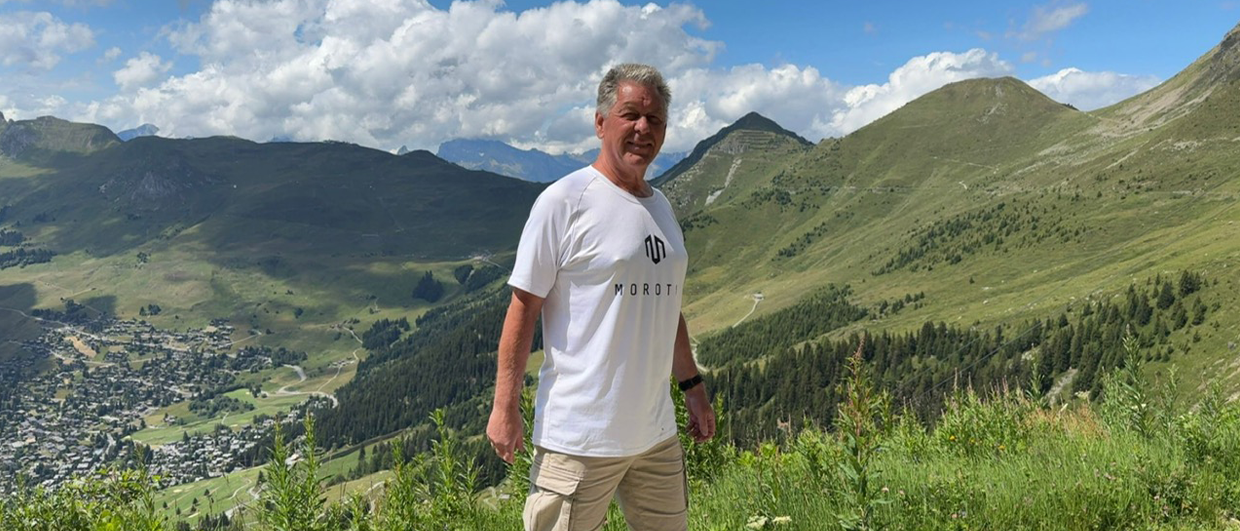Tell us a bit about Terrapinn.
We are a global events company with offices in Australia, the US, Singapore, South Africa and the UK, and we organise conferences and exhibitions across a number of industries. My area of interest is energy and resources; we cover a wide array of events from the World National Oil Companies Congress to technical exhibitions on unconventional energy at Shale Gas World conferences.
Does the oil industry have a communication problem?
 Ben Sayah, Terrapinn Conference ManagerJust look at the newspapers. As a primary means of global sustainability, energy is naturally going to attract considerable debate from sourcing to usage. The ease of communication in the modern technological era hasn’t made things easier either. Now the industry must work harder to communicate to a wide audience of partners, regulators and consumers. This is necessary – it’s important that the industry is scrutinised and it can justify its activity.
Ben Sayah, Terrapinn Conference ManagerJust look at the newspapers. As a primary means of global sustainability, energy is naturally going to attract considerable debate from sourcing to usage. The ease of communication in the modern technological era hasn’t made things easier either. Now the industry must work harder to communicate to a wide audience of partners, regulators and consumers. This is necessary – it’s important that the industry is scrutinised and it can justify its activity.
Are conferences important in the O&G industry?
All the above concerns can make the message difficult, and its communication even more so. Events not only give the industry a platform on which to speak, but also to listen, thus helping solve the problem of communication and debate. Communication is only one aspect, however, as the energy industry is formalised by partnerships and collaboration. Conferences allow participants direct contact with senior prospects in a type of engagement unreplicated in any other environment. It is important that these people meet, and more valuable that they meet in one room. A good conference can offer this.
Why are your conferences different?
Terrapinn work from a very specific, open, and interactive model that no other organisation replicates. We know that there are influencers key to the decision-making process who cannot justify spending large amounts of money to attend. We give local government representatives, lobbyists, and academics a chance to join the debate. This is what makes our content interesting and our events valuable. Alongside this, our content and the opportunity we provide for the industry to respond and communicate with all sides make these events valuable. It’s rare you get the chief scientist of GreenPeace Doug Parr and the director of the Manchester Tyndall Centre for Climate Change Research Kevin Anderson, sitting and debating alongside the CEO of Cuadrilla Francis Egan and the Chair of the Unconventionals APPG Dan Byles MP. But we managed it in Manchester at ‘Shale Gas World UK’ and it can make a difference for the industry, campaigners and consumers.
How can you encourage informed enthusiastic contributions from the floor?
If you’re a delegate, engaging with those on stage is an imperative. No conference should simply be a lecture or quiet case study. It’s important and valuable for attendees to be active participants and engage or question the theories of those on stage. Our format leads to enthusiastic contribution. The old style of presentation, presentation, presentation is replaced by open-floor discussions, debates with senior representatives, and hosted workshops with a technical or policy-driven stance. In my opinion, the best of these are large-scale multi-disciplined roundtables. Inviting senior table moderators and ensuring discussion provides informed enthusiastic contribution, but also a great networking opportunity.
What have been the most popular conference topics recently?
For me it’s just the one. Shale. It’s everywhere, and everyone has an opinion on it. To some it can have the potential to change the global energy mix, to others it can prove the most poignant enemy of the environment. Either way it can make a staggering difference. Searching beneath the rocks and discovering all arguments, theories, and data for or against the subject is something I don’t get to do too often and has made my job quite exciting. For a conference organiser whose lifeblood is content, it’s a fascinating subject. What the topic of shale offers is an air of the controversial, uncommon in most technical subjects. Conferences must now be arenas projecting openly throughout social media and the internet – just look at TEDx to see what is possible. Topics and events now have to reflect this.
How else can we encourage engaged debate in the industry?
It’s a prevalent theme throughout this interview, but put simply, online. It’s incredible what direct access we have to the industry thanks to the professional use of social media. There is so much to get from YouTube, Twitter, and even groups on Linkedin which provide a great platform for discussion. We are lucky that this industry is a technical one, they all see themselves as academics, and enjoy being an authority on their subject. If you look, there is always a forum or a feed already engaged in the debate. It’s a great, underutilised opportunity.





